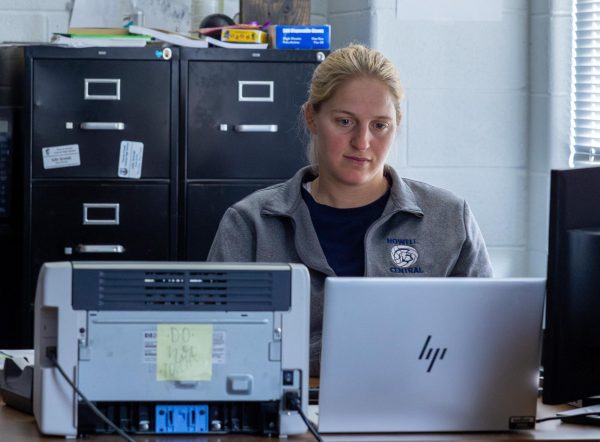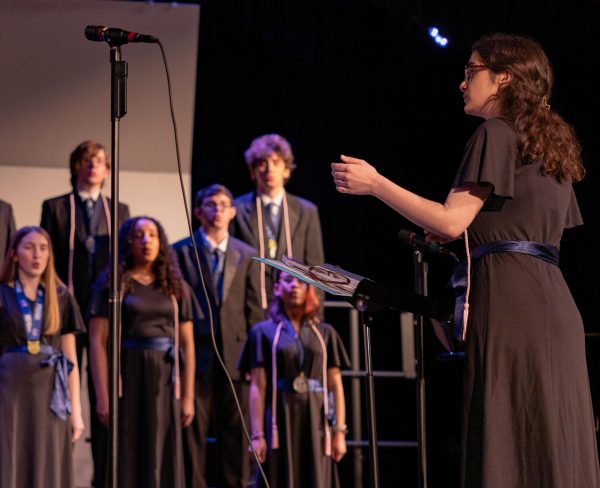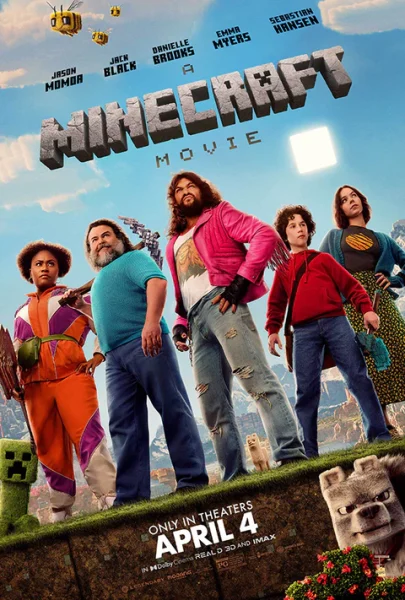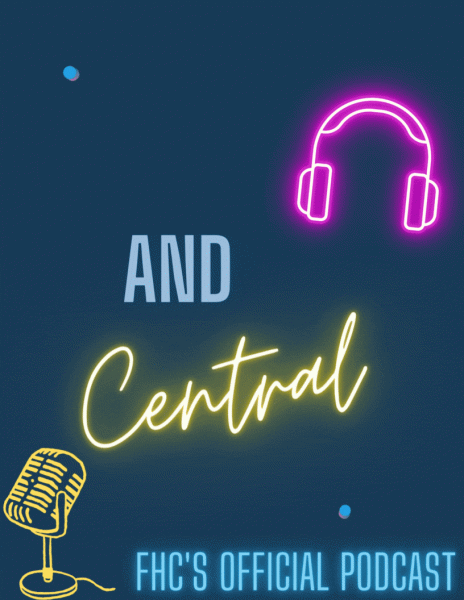Flying High with Owl City
The pop music scene constantly sees bands popping in to claim their 15 minutes of fame before subsequently falling back into the limelight. Owl City is one such band; they generally have a hit single or two on each CD they release, and most people have heard their name on the radio or otherwise in passing, but they aren’t a household name like Green Day or P!nk.
Recently, they released a new album entitled “The Midsummer Station,” and when I was given the CD to review, I had no idea who they were. I read a little background information, and realized I had heard the name passively mentioned along with the song “Fireflies” or, much more recently, their single with Carly Rae Jepsen, “Good Time,” which just so happens to be on this CD. I’m not a big fan of the song, so I was already slightly biased towards them upon sitting down to take a listen, but I tried to do it objectively.
“The Midsummer Station” starts out with the song “Dreams and Disasters”, which is pretty much foreshadowing the rest of the CD: a mixture of good and bad. The song itself surprised me quite a bit, because of my aforementioned dislike of “Good Time.” The entire CD lends itself to being quite electronic and dance, and “Dreams and Disasters” is a perfect example of this. It’s extremely synthesized (it’s actually hard to tell if any part of the song uses legitimate instrumentation), and while listening to it, I found it hard to refrain from all out breaking into dance, or at least keep from keeping time with my feet.
The next song is also electronic, though it has a slightly slower tempo. “Shooting Star,” as it is called, has one potential downfall: it goes on for over four minutes with little actual variation in musicality until you are about three minutes in, and the variation only lasts for about 10 seconds. In a world where most people are subject to popcorn brain, the song lends itself to being a tad too long, and it’s quite easy to find yourself zoning out while listening to it.
After “Shooting Star,” the style of the CD experiences one of its four styles of musicality, moving from dance music to, unfortunately, dubstep. “Gold,” as the song is called, is not legitimately a dubstep song, as it does not frequently drop the bass. However, once the chorus hits, it’s easy to tell that is what the song is aiming for. The chorus experiences a dubstep-esque shifting of pitch once the word “gold” hits. In fact, the mangling of the word gold seems to be longer than the line directly following it, and it doesn’t help that this song goes on for nearly four minutes. If anything on this CD makes me want to throw it out the window or snap it in half, it would be this song.
Luckily, following it is a song which is completely different in style. “Dementia” is the second song to feature a guest singer, Mark Hoppus, the bassist and one of the vocalists from Blink-182. The song is almost ballad-like, and goes on for a nice three and a half minutes, unlike the songs preceding it. While listening to it, I honestly could not tell when Mark Hoppus was singing instead of Adam Young, but it doesn’t really impact the song. All in all, the song isn’t that bad, it’s almost the neutral of the album; it’s not atrocious like Gold is, but isn’t as good as some of the later songs.
Following Dementia is a very dancey song, “I’m Coming After You.” The song has some story progression to it, but the entire lyrical choice is overshadowed by the person in the background imitating police sirens during the chorus. It is worthy of a chuckle or two, even as I hear it for about the sixth time.
Afterwards comes another wannabe dubstep song, “Speed of Love.” While the lyrics are not subject to much mixing, anytime there is an instrumental break of more than two seconds, the bass seems to drop. The song isn’t as bad as “Gold” simply because it is not as annoying to hear the already synthesized instrument undergo some post-mixing as it is to hear the “o” in the word gold repeated 16 times.
Immediately following is the hit single “Good Time”. I had originally thought this would be the song I liked the least on the album, but “Gold” changed that, and in perspective, “Good Time” isn’t that bad. I respect Carly Rae Jepsen as a singer, and the song has a nice beat to it. The thing I really don’t like about the song is the lyrics. For some reason, when I hear it I get more of a “we’re cool and always have a good time and you don’t so haha” vibe from it than what it is probably supposed to be portraying.
Succeeding “Good Time” are my two favorite songs on the album, “Embers” and “Silhouette”. Both songs take an almost ballady approach, more so with “Silhouette”.
“Embers” has a nice central message to it along with being musically pleasing. It portrays a “keep going despite the challenges” message, repeating “don’t let the fire die” three or four times each chorus. This is very inspiring, and could be applied to a variety of challenges, though it specifically reminds me of the “it gets better” campaign (probably because it say “it gets better” in the song).
“Silhouette” starts out with a 15 second piano intro, and is almost completely unsynthesized. The tempo is by far the slowest on the album, which reinforces the ballad aspect of the song. The lyrics take a completely different focus than “Embers,” and almost contrasts the song’s message. It seems to deal with feelings of depression and extreme loneliness, which makes it an even more beautiful song, since Adam Young gets very emotionally attached to the song, and you can tell it in the way he performs it.
The song “Metropolis” follows. “Metropolis” is much more upbeat compared to “Silhouette,” but is still slow enough to not clash transitioning between the two. “Metropolis” goes back to the original style of the album, electronic dance music. Like “Dreams and Disasters,” it’s very hard to refrain from doing some seat dancing while listening to the song.
The album concludes with “Take it All Away,” which doesn’t seem like a good choice. It’s a little too upbeat and poppy, especially with songs like “Silhouette” being so close to it. It’s not a bad song, but it seems odd to end on.
Altogether, “The Midsummer Station” is a nice album. It has its good and bad points, but it’s definitely worth checking out, especially for fans of pop, electronic, or dance music. It features a nice mesh of what can be done electronically, and unlike most albums, it does not sound like one 40 minute song.
Your donation will support the student journalists of Francis Howell Central High School. Your contribution will allow us to purchase equipment and cover our annual website hosting costs. FHCToday.com and our subsequent publications are dedicated to the students by the students. We hope you consider donating to allow us to continue our mission of a connected and well-informed student body.










